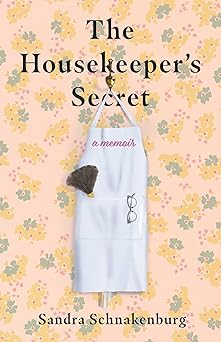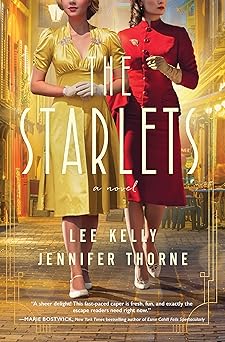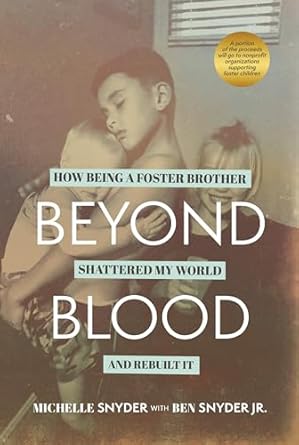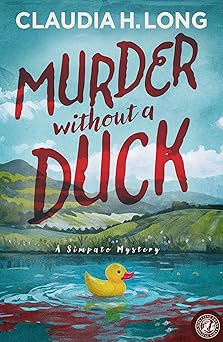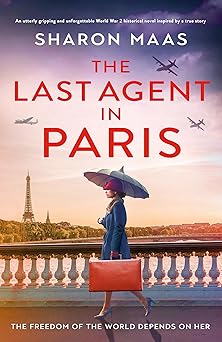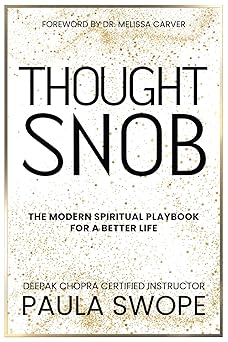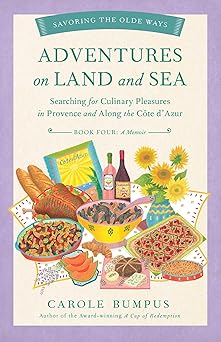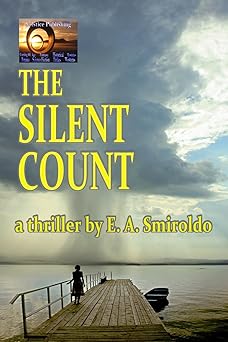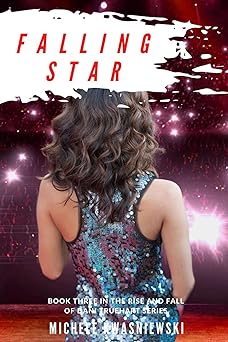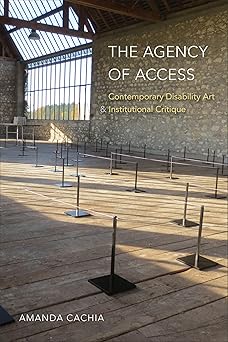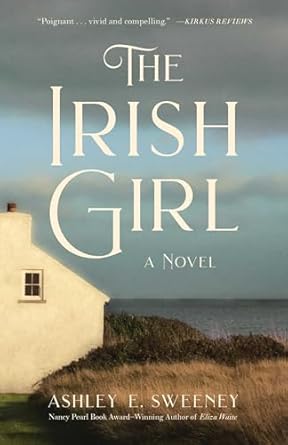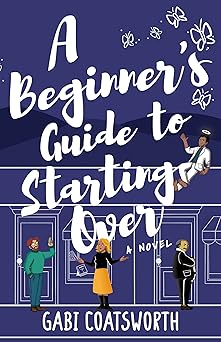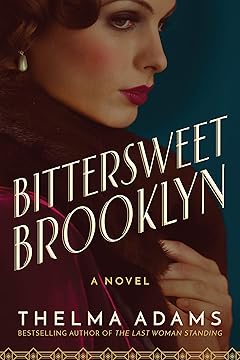The First Rung On The Author Ladder By Penny Batchelor
 At a women’s writing conference I went to in 2019 the most memorable advice that stuck with me is that getting published doesn’t mean you’ve reached the top of the ladder – you’re only on the first rung.
At a women’s writing conference I went to in 2019 the most memorable advice that stuck with me is that getting published doesn’t mean you’ve reached the top of the ladder – you’re only on the first rung.
For a writer who had only just received the holy grail of publishing deal at first this seemed counter-intuitive.
I thought back to the decades I’ve been reading and writing stories; the chapters I shoved embarrassedly into the recycling bin (in the days before laptops) because I knew in my heart they were poor; the time it took to find my own voice; the Faber Academy writing course I put my soul into applying for and studying on; the years I spent writing, editing and re-writing the novel I started on the Faber course, which became My Perfect Sister; the numerous rejections from writing competitions and agents – then finally meeting the publisher who gave me the thumbs up (with manuscript alterations of course).
Surely all those thousands of hours of work and emotional energy meant I’d finally arrived at the top of the beanstalk?
No, the industry professional argued. And of course she was right. As a newbie author I had a lot to learn about how publishing works and all the skills I had to learn, other than writing, to be an author, particularly if I was aiming for a long career, which of course is what every wannabe and published author dreams of. Writing books for a living? Yes please!
When we think of an author we picture in our heads a person hard at work in a study, or perhaps coffee shop, typing many hours a day to up their word count. They are alone and spend all their time on their opus, with time out only to eat, sleep and meet their agent. Perhaps that was slightly true in Victorian times if you swap the laptop for ink and paper. Nowadays it’s nowhere near the case.
Publicity, self-promotion, website building, podcasting and giving interviews are a huge part of an author’s role, which does steal time away from writing but is necessary in an increasingly-crowded literary marketplace. Look at September 3rd 2020, for example, where some 600 hardback books were published. How do your book and you as an author stand apart from the crowd?
The big multinational publishers may have healthy marketing budgets but only some of their lucky authors, and these tend to be the well-established ones for whom there’s a proven market, benefit from the big bucks. Indie publishers do not have the cash to pay for traditional advertising campaigns and they and their authors therefore must, along their authors, be much more creative.
This is where author-instigated newsletters and social media come in and have become increasingly important since coronavirus closed bookshops and prevented gatherings such as launch parties.
Back in May, my intended publishing day celebration at my local bookshop became out of necessity a Facebook Live event. To spread the word I created author Facebook and Twitter accounts, networked like hell and discovered a like-minded group of debut authors who were going through the same thing. I’ve been delighted to discover how lovely and supportive fellow authors are, going out of their way to champion the achievements of each other, banding together for joint Facebook and Zoom events, and particularly the big name authors, such as David Nicholls, who have used their position on Twitter to showcase new authors to a wider audience.
Post-publication, authors can’t wake up the next day in a cake and fizz haze and devote all their working time to the next book. Carrying on building relationships with bloggers, bookshops, local news outlets, other authors and publishing people is paramount both to keep sales going and to market yourself as a professional author. If you have a multiple book deal you have a bit of leeway but writers on a one book contract need to be thinking about where their next advance will come from.
Let’s not forget about the most important people we write for – the readers. Coronavirus closed literary festivals as we knew them and moved them online, which is fabulous for authors like me who have a disability that makes it difficult for them to travel, but not so much for those who prefer real-life contact. Yet online festivals have increased access to authors for readers all around the world.
Loyal readers are gold dust and online interviews, videos and social media are great ways for authors to directly connect with their readership and vice versa. I’m still starstruck when an author I love replies to my tweet or retweets me! It pays to spend an hour a day on your chosen social media building relationships online, promoting your latest book news and successes as well as posting interesting content about your life that you’re willing to share. Be kind to book bloggers as they give up their time for free to review and champion authors, but don’t let the occasional bad quote get you down!
Every aspiring author knows that publishing is a tough world and it’s very difficult to get a deal in the first place, never mind establishing a long writing career. The writing conference taught me that although I may only be on the first rung of the ladder, and there’s more hard work to go (writing aside) come to climb up it, it’s a privilege to be on that first step.
—
Penny Batchelor’s debut domestic noir thriller is My Perfect Sister published by RedDoor Press.
“A missing sister – a bedroom kept as a shrine – a dark family secret. When Annie reluctantly returns to her care for her estranged mother she’s faced with the ghosts from her past. Long-held secrets surrounding her big sister Gemma’s disappearance in 1989 remain buried in her childhood home. Does a faded photograph in her sister’s bedroom hold the key to the past? Desperate for clues, Annie delves deeper in search of the truth. But is it safer to be kept in the dark? Annie is about to find out …”
My Perfect Sister was longlisted for The Guardian’s Not The Booker Prize, which is “a hunt by readers of the Guardian books blog to find the year’s best book, which may – or may not – tally with the assessment of the Booker prize judges.”
—
Instagram.com/pennybatchelorauthor
MY PERFECT SISTER
 Annie is five when her sister Gemma leaves for school one day and never returns. The family’s lives are changed forever with Gemma’s disappearance and Annie feels neglected and unloved. When she is just sixteen, she decides she can no longer live in the shadow of her perfect but absent sister and she leaves home, falling in and out of jobs and relationships, her resentment for Gemma always there, bubbling under the surface.
Annie is five when her sister Gemma leaves for school one day and never returns. The family’s lives are changed forever with Gemma’s disappearance and Annie feels neglected and unloved. When she is just sixteen, she decides she can no longer live in the shadow of her perfect but absent sister and she leaves home, falling in and out of jobs and relationships, her resentment for Gemma always there, bubbling under the surface.
Many years later she reluctantly returns home to care for her mother, ill with cancer. Her anger only grows when she sees Gemma’s room still kept as a shrine while hers is now her mother’s sewing room, but as she cares for her mum she begins to soften and egged on by her best friend Priti she realises she has to uncover what happened to Gemma, for all their sakes.
Her research puts her in danger but with the help of a fabulous cast of characters and a satisfying twist in the tale, she finally discovers the truth – but can she ever accept it?
BUY HERE
Category: On Writing




